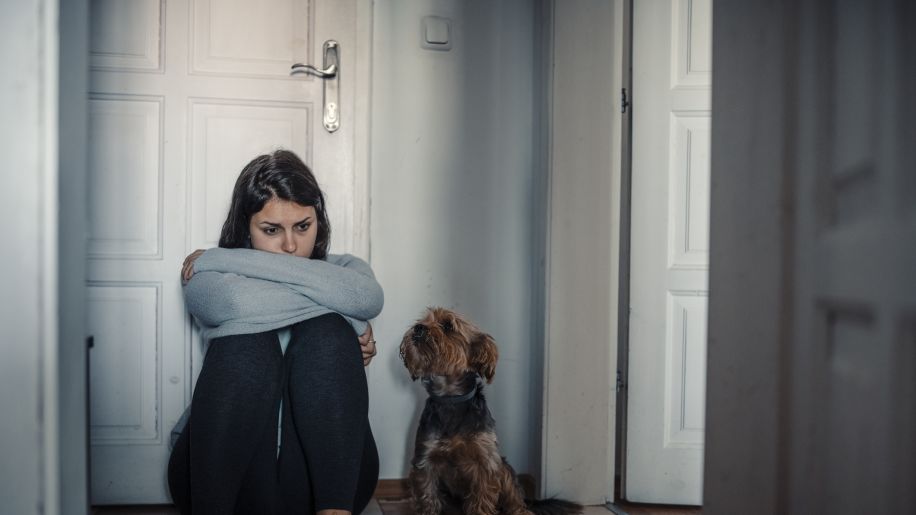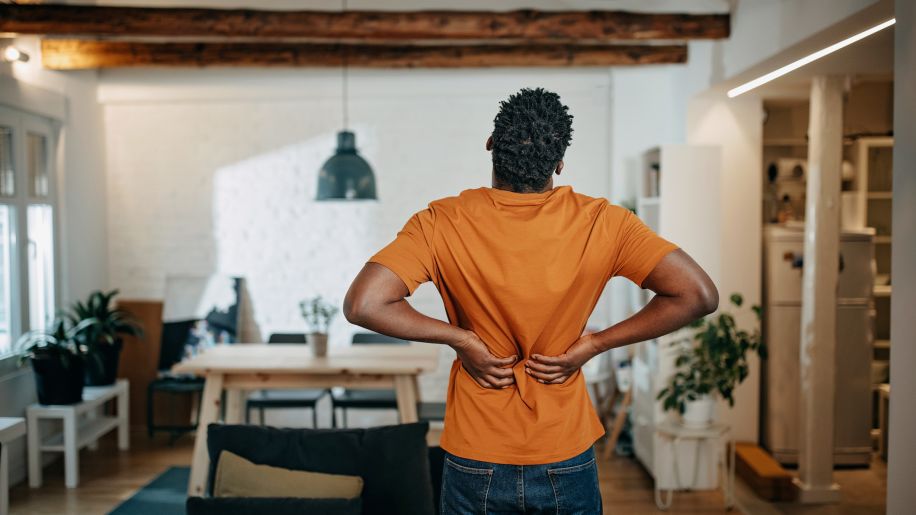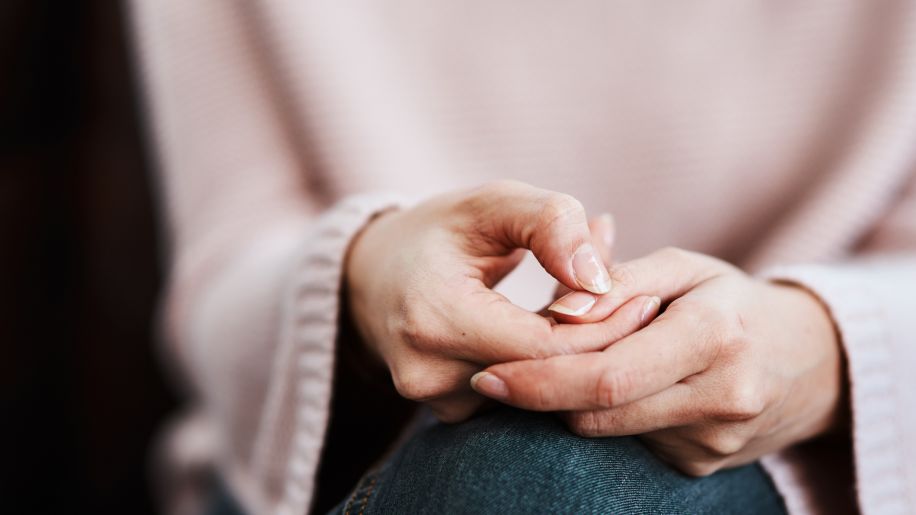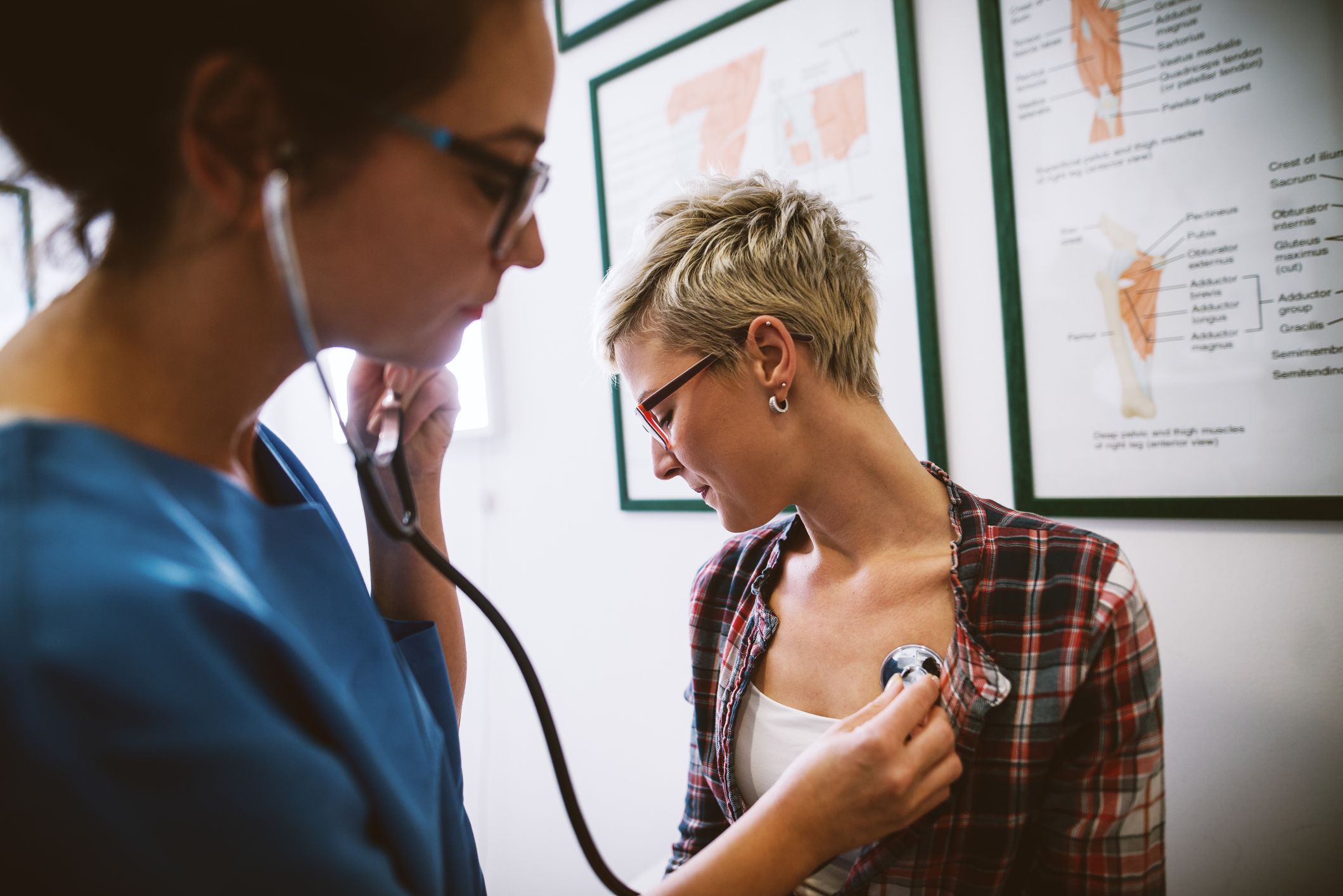How to recognize major depression in loved ones
Help a friend or family member by learning the signs of major depression.
Updated on October 7, 2025

Lately, your mom seems sad, hopeless, listless, anxious, morose, or unkempt. If symptoms occur every day for two weeks or more, she may have depression. According to the Centers for Disease Control and Prevention (CDC), up to 5 percent of adults in the United States have regular feelings of depression. And for older people who need home healthcare, the CDC estimates that about 13.5 percent have major depression.
Often, older people won't admit to feeling sad, says Ian Cook, MD, professor of psychiatry and biobehavioral sciences at UCLA. "They may feel they should white-knuckle through depression when, in fact, it's a brain problem, a shift in their neurochemicals and brain activity."
Being able to recognize the signs of depression can help lead to a diagnosis for your loved one—and eventually, treatment. With that in mind, here are some common signs.

No Interest in Pleasurable Activities
For years, your dad has enjoyed golf, but now he turns down every invitation. If you suspect depression, you may be right. A loss of interest in just about everything is a common symptom of depression.
"You may see decreased pleasure in activities that used to bring enjoyment," says Michael Garrett, MD, professor emeritus of Clinical Psychiatry at SUNY Downstate Medical Center in Brooklyn. "A grandparent who usually has a joyful response to a grandchild may now show indifference, an avid photographer is not photographing, a biker is not biking."

Social Isolation and Withdrawal
Along with a loss of interest in pleasurable activities, depressed loved ones may also withdraw socially, refusing invitations from friends and family, or making excuses about attending social events, says Garrett. "A persistent period of diminished mood for more than a couple of days may be marked by social isolation—not returning phone calls or texts, or not being as involved in family activities or social gatherings as before."
If depression is left untreated, social isolation can lead to an increase in depression symptoms, including deeper feelings of sadness, hopelessness, and loneliness.

Deep Sadness
If your loved one has symptoms of major depression, "you may hear a sense of constant sadness that's unusual," says Murali Rao, MD, professor and chair of the Department of Psychiatry and Behavioral Neurosciences, Loyola University Medical Center in Chicago.
"Your loved one might be focusing on negative aspects of life, be easily tearful when watching a sad show, become more sensitive to criticism than usual. She or he may express pessimism and hopelessness," he explains.
Even if they don't say they feel sad, depressed, lonely, or hopeless, they are likely to look and act down and dejected.

Low Energy and Fatigue
Major depression can also cause a lack of energy or ongoing feelings of fatigue, exhaustion, or tiredness. "Fatigue is a very sensitive indicator of depression," says Garrett. "You may visit and find dishes piled up and things in disarray in ways that are not typical."
In addition, your mom or dad or partner may no longer seem to care about their appearance, says Cook: "They may not bother to shower, or brush their hair or teeth."
If a loved one and their personal surroundings—their home, work area, and even pets—start to look like they're not being cared for, clinical depression could be at least part of the cause.

Appetite and Sleep Problems
Along with emotional symptoms and fatigue, depression can also cause loss of interest in food or overeating. You may notice that your aunt with the once-hearty appetite no longer wants to eat and that she's losing weight, says Garrett. "She's not eating her usual portion or showing relish for the meal." The opposite may also be true; she may be overeating and gaining weight.
Sleep shifts too, says Garrett. "The person may be up in the middle of the night pacing. Or she may sleep for twelve hours, not wanting to get up."

Physical Aches and Pains
While major depression is considered a mental health problem, it's not uncommon for a depressed person to experience an array of physical health symptoms as well. Your loved one may have more and more physical complaints, such as constipation, back pain, or stomach aches. "It's a focus on body functions," says Cook. "It may be a way of not confronting the depression directly or it may be biological. When you are depressed, sensitivity to body sensations increase."

Restlessness and Anxiety
Changes in mood or temperament can also be a hint of depression. If your partner used to be calm and positive, but is now anxious about almost everything, there may be a depression-related problem. "He might feel anxiety about money and security. Or he may fear being on his own and feel unable to fend for himself," says Cook. "He may pace, wring his hands, and furrow his brow. To you, he may seem horribly agitated, and yet he will say he doesn't know why, but he's just so worried." Because anxiety and worry can look like nervous energy, you may not recognize them as depression.

Negative Thoughts
As people age and go through challenging life experiences, it's normal to think about mortality. But if a loved one is preoccupied with negative thoughts of self-harm, illness, or death, it's a very big red flag. According to Cook, a depressed person may become consumed with fear and worry, and feel that their health or life is at immediate risk.
The greatest danger is self-harm. If your loved one shows any signs of self-harm or potential self-harm, arrange for them to see a doctor. In urgent cases, a trip to the emergency room to protect your loved one's safety may be your best option."

Getting Help for Depression
Depression is a medical condition. Help your depressed loved one find, contact, and visit a healthcare provider for treatment.
You can help them cope with depression by listening and being patient. Acknowledge their sadness, but don't judge what they say or feel. Says Rao, "Resist giving advice too quickly. Instead be with them and praise them for even minor accomplishments, especially when they're recovering.” Include them in small activities or short outings. “And help your loved one make decisions. Simple decisions, like what to eat or where to shop, become difficult when you're depressed,” says Rao.

Centers for Disease Control and Prevention. National Center for Health Statistics: Depression. Reviewed May 22, 2024.
NIH: National Institute of Mental Health. Depression. Reviewed March 2024.
NIH: National Institute of Aging. Depression and Older Adults. Reviewed July 7, 2021.
Centers for Disease Control and Prevention. Alzheimer’s Disease and Healthy Aging: Depression and Aging. Reviewed June 30, 2023.
Featured Content

article

article

article

article

article
